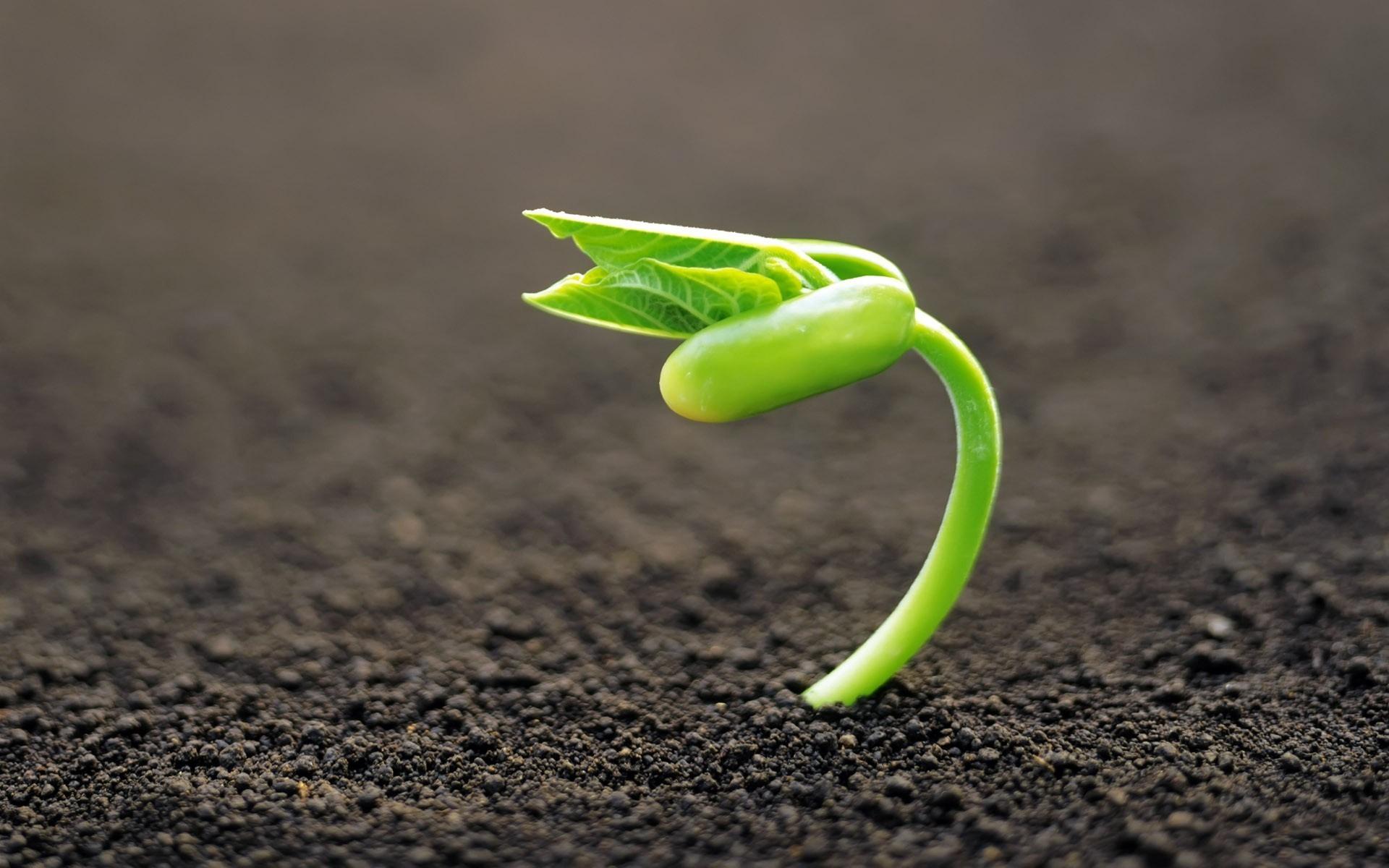A short tefillah comment this week, on a single phrase toward the conclusion of the first blessing before Shema. The paragraph לא’ל ברוך, La’El Barukh [to the God called “Blessed”], enumerates a number of fairly generic expressions of praise: to You sweet songs are sung, and for God alone does wonders, etc. To my ear and to my praying soul these can be nice, but a bit … ordinary, pedestrian, as the Siddur goes.
But in the course of the paragraph we get a pair of divine epithets that really float my davening boat. God is described as זורע צדקות ומצמיח ישועות, zore’ah tzedakaot u’matzmiah yeshuot, “the One who plants righteousness and makes salvation sprout.” You gotta love this homespun agricultural metaphor, which presumably would have sounded familiar to our farming forebears: plant a seed of goodness in the cold spring earth and watch salvation sprout a few months later, in the warm summer sunshine.
Most Siddur lines are quotes or paraphrases of Bible verses. Although I know of no specific Biblical quotation underlying our phrase here, I am reminded of Hoshea 10.12-14: “זרעו לכם לצדקה קצרו לפי חסד, Plant righteousness for yourselves, and harvest according to kindness.” In contrast, the prophet rebukes Israel, until now “you have plowed wickedness and harvested sinfulness.” Which all sounds like a fancy way of saying what goes around comes around, or you deserve what you get. Be the change you want to see in the world.
Now, semantically, these phrases describe God’s action. But in this religion, we are always called to imitate God, to be holy as God is holy. So during morning prayers, when we daven that God plants little seeds of a better world so that a great, redemptive salvation may sprout one day … well, you know what you have to do when the morning services are over and you leave the synagogue and head into the world.
Plant the seeds. Reap the rescue. Plant righteousness. Harvest salvation.





